The Most Famous Climate Goal Is Woefully Misunderstood
Surpassing 1.5 degrees of warming was never going to be the end of the world.
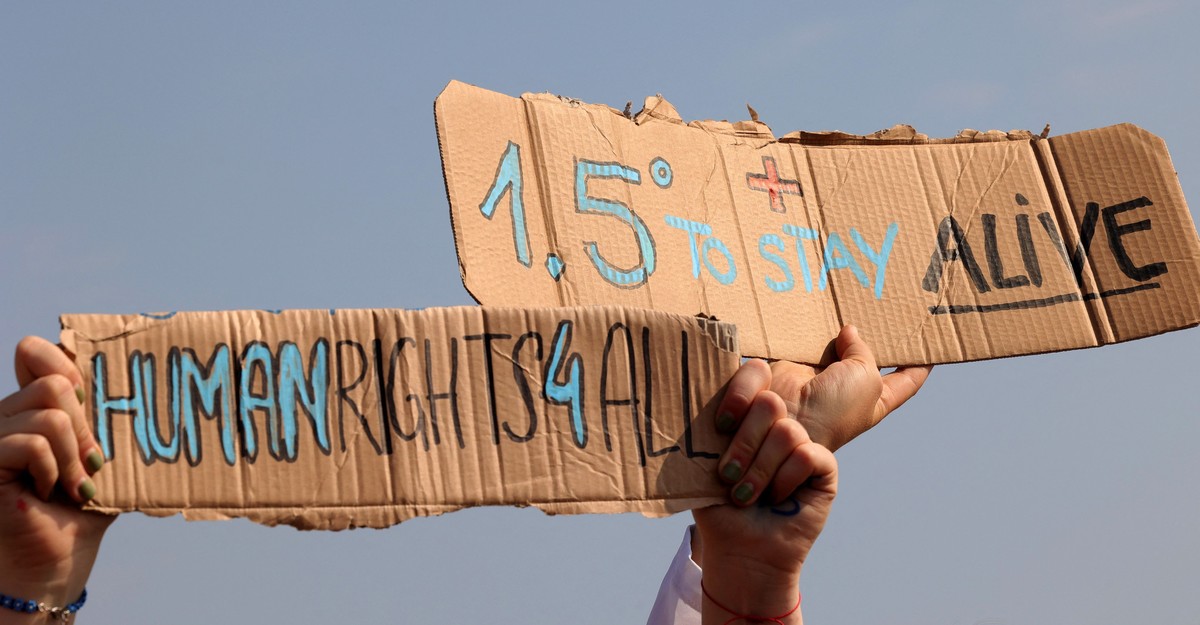
Send us a link
Surpassing 1.5 degrees of warming was never going to be the end of the world.

If you're vaccinated, boosted, and wearing an N95, you're protected-no matter what others are doing.
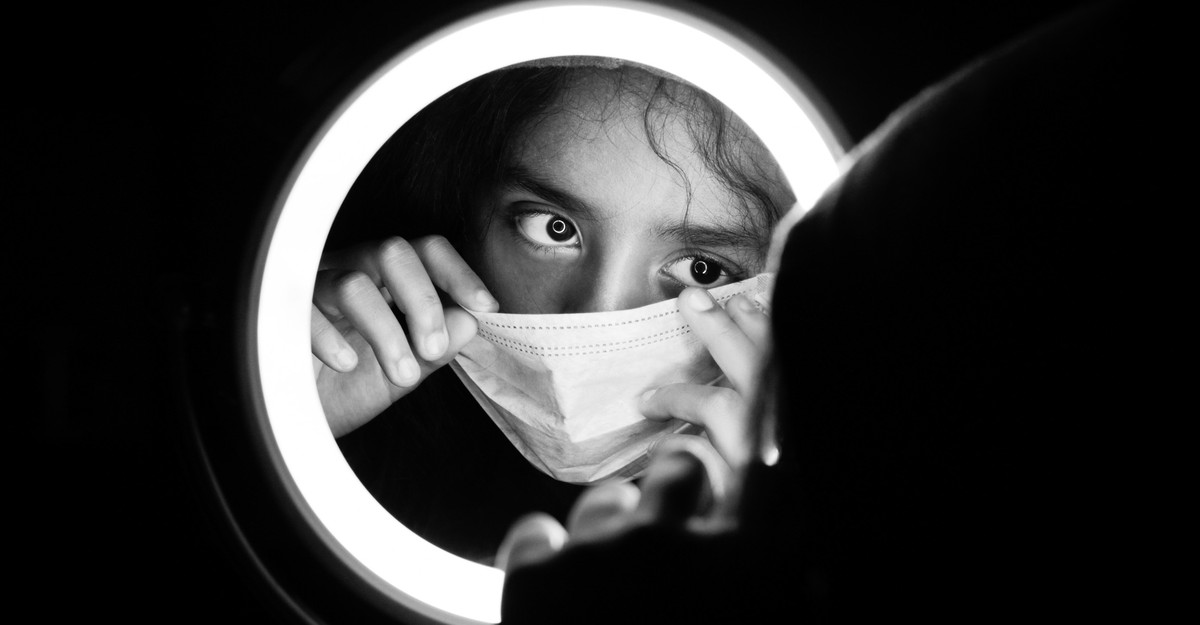
The pandemic has made it clear that science touches everything, and everything touches science.
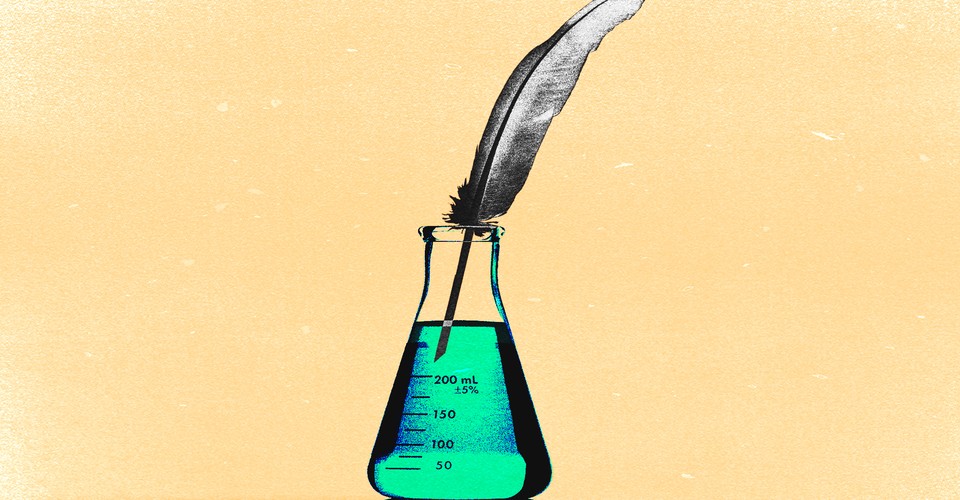
Anyone who'd rather have COVID-19 than get vaccinated is taking two gambles: that immunity will stick around, and that symptoms won't.
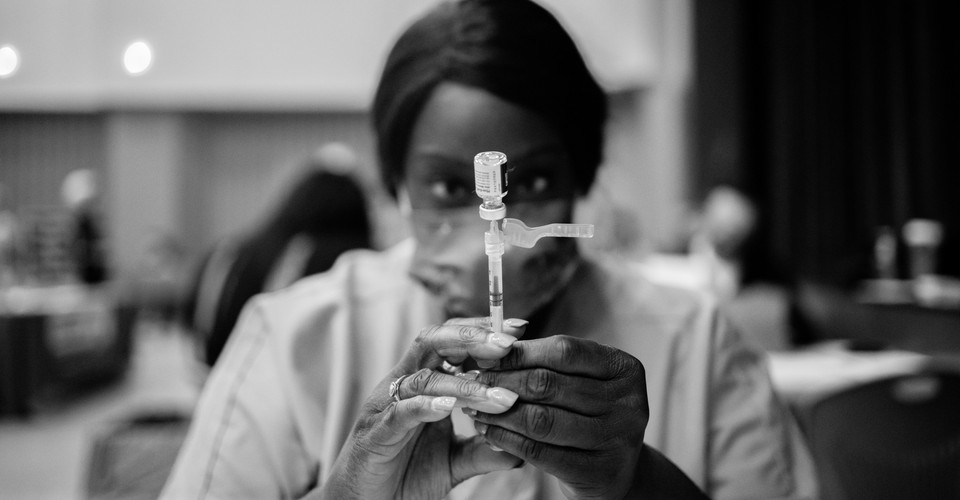
U.S. life spans, which have fallen behind those in Europe, are telling us something important about American society.
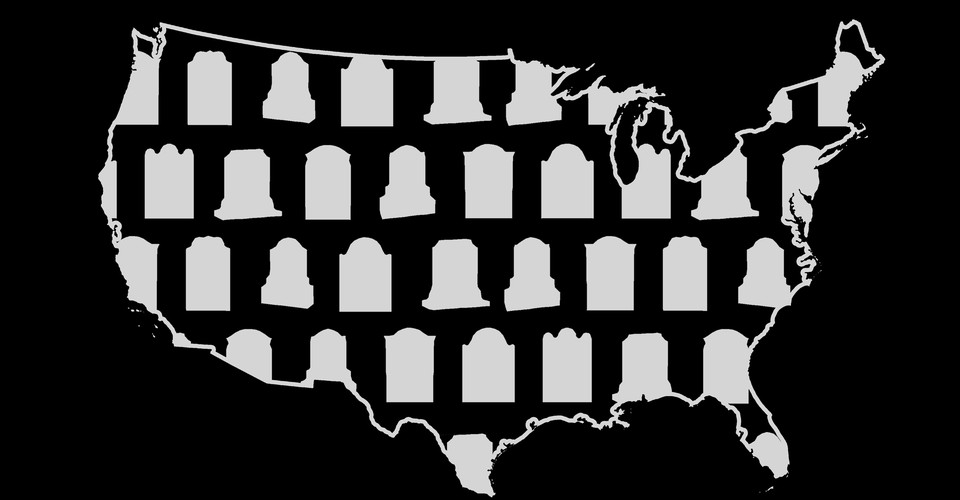
The pandemic was a big social experiment that sent asthma attacks plummeting.
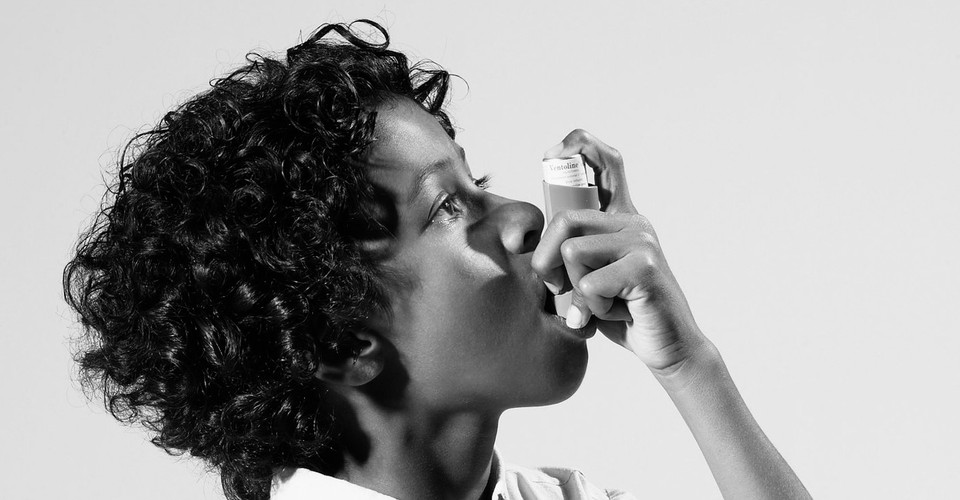
Vaccines are still beating the variants, but the unvaccinated world is being pummeled.
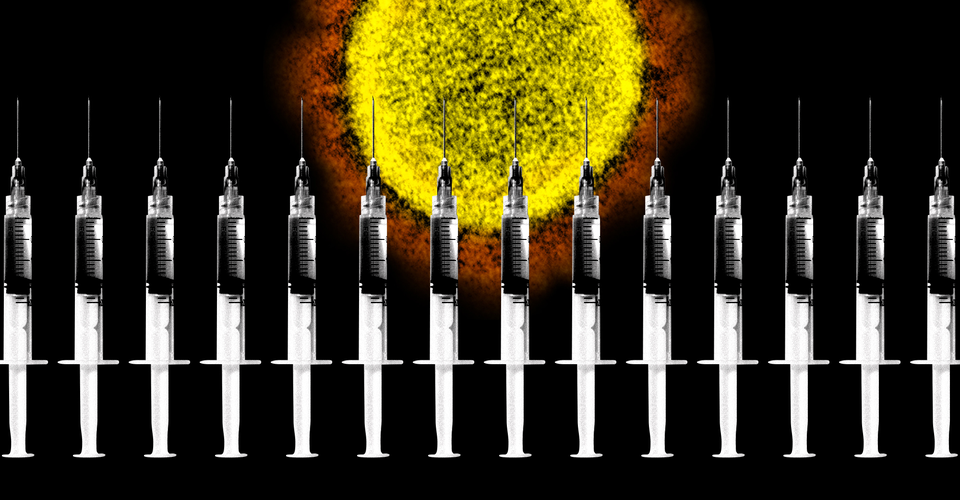
And we have snails to thank for that.
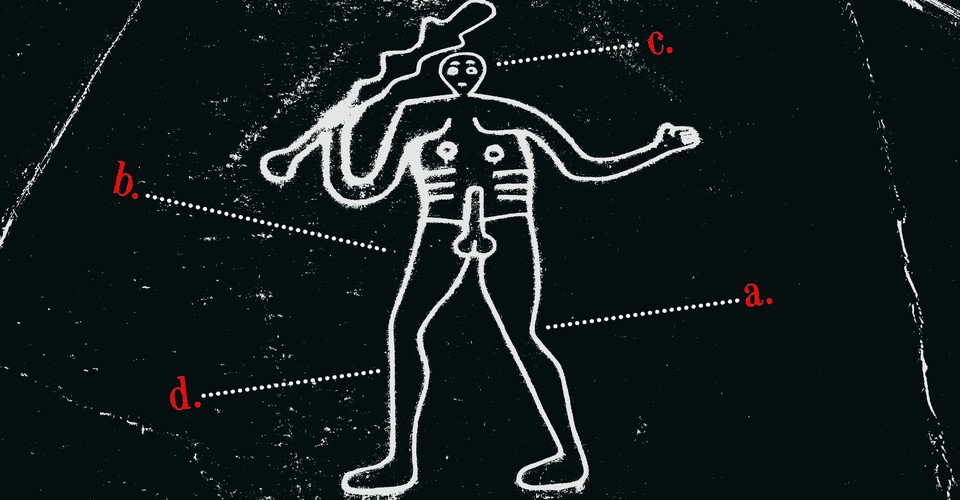
The journalist Nikole Hannah-Jones appears to be a victim of viewpoint discrimination. Academic freedom needs a vigorous defense-and not just at UNC.
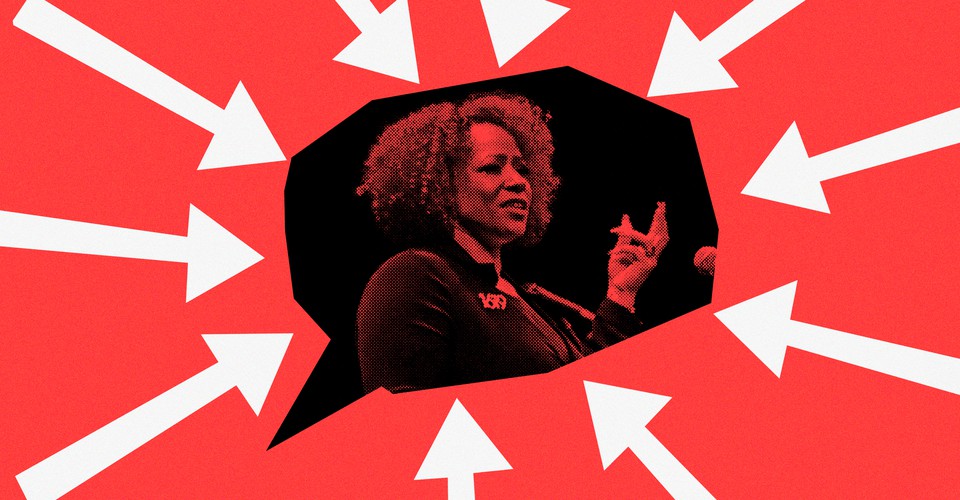
An "XKCD" comic and its many remixes perfectly captures the absurdity of academic research.
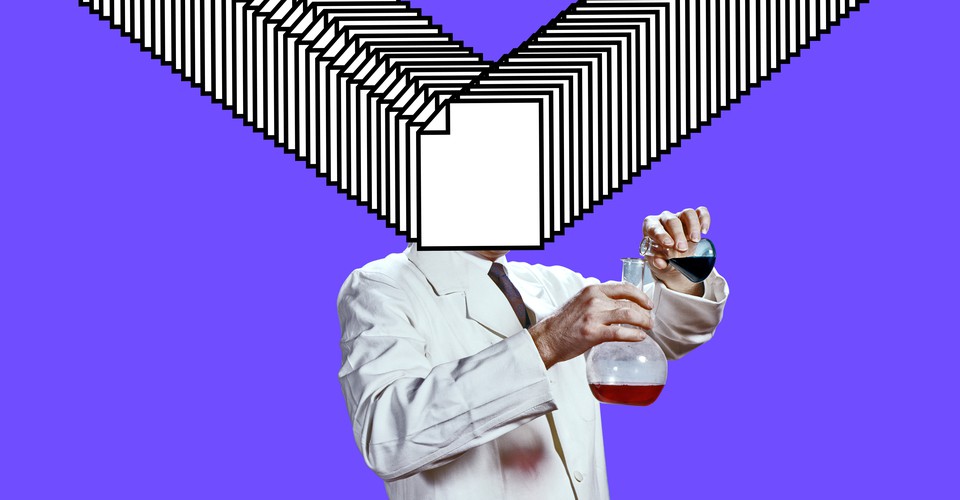
When the social floodgates open, not everyone will want to use their newfound freedom in the same way.
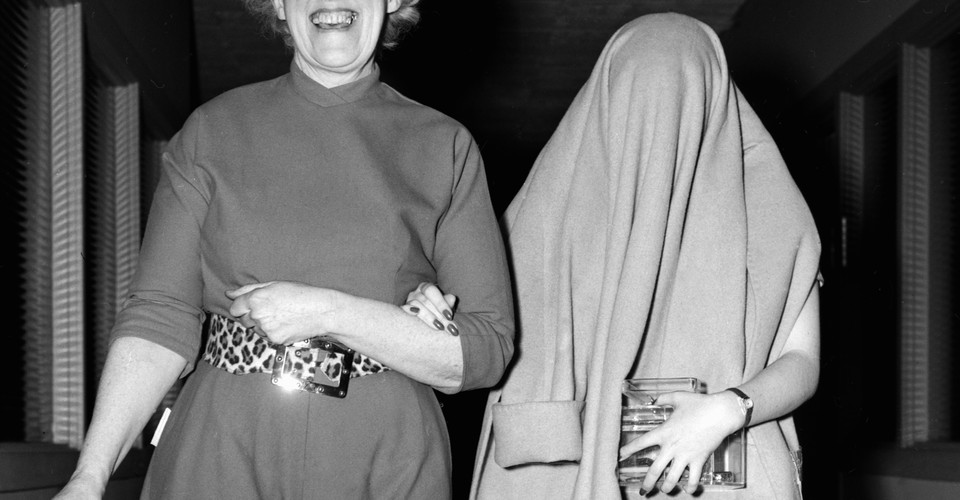
To understand how money affects politics, we need to understand how money affects psychology.
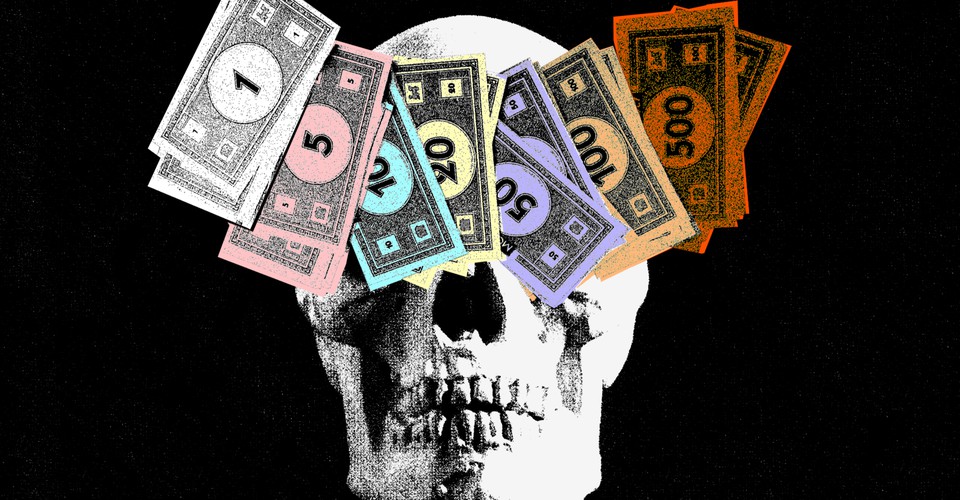
For the moment, reports of a very rare, dangerous blood disorder among recipients cannot be ignored.
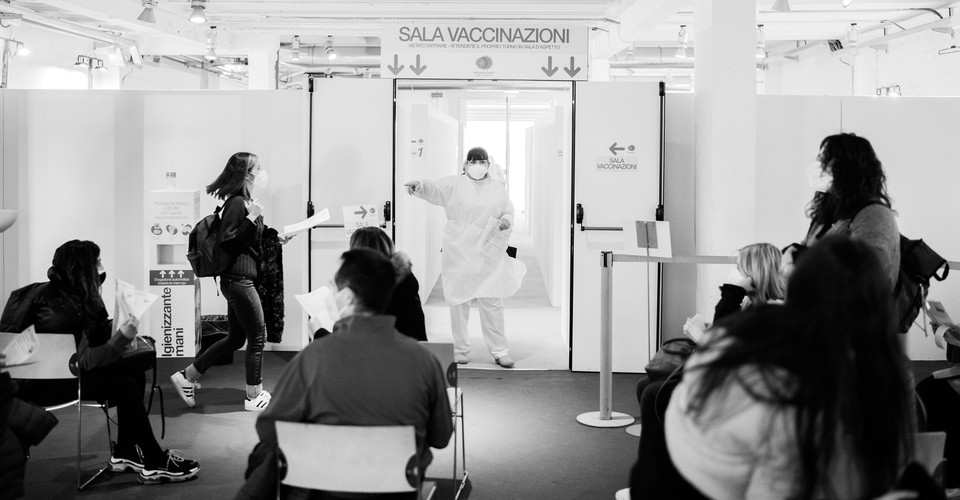
COVID-19 has inflicted devastating losses. It has also delivered certain blessings.
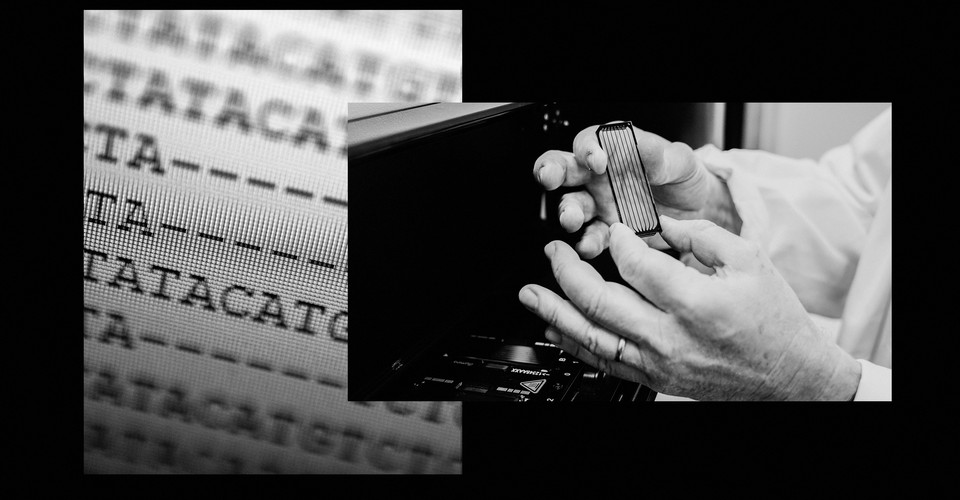
A new study of the city's program that sent cash to struggling individuals finds dramatic changes.
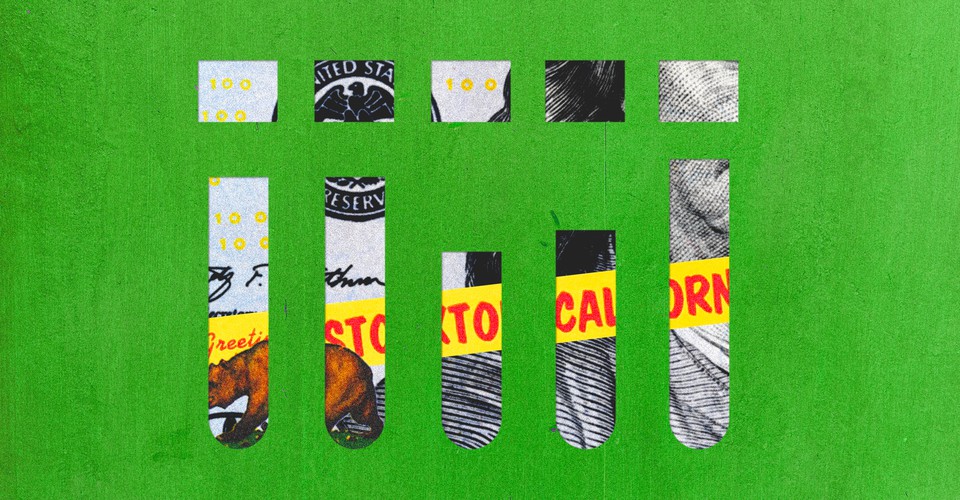
Yes, all of the COVID-19 vaccines are very good. No, they're not all the same.
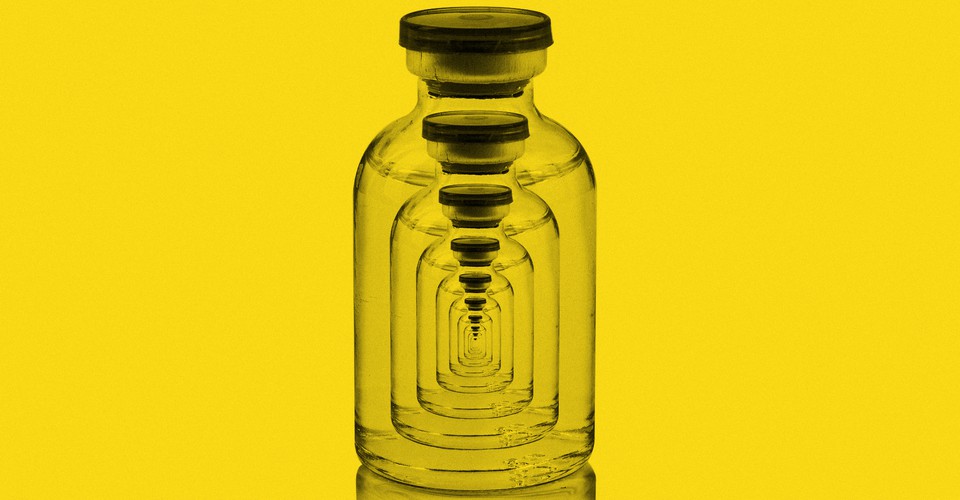
The alleged creation of the world's first gene-edited infants was full of technical errors and ethical blunders. Here are the 15 most damning details.

Another big project has found that only half of studies can be repeated. And this time, the usual explanations fall flat.

Despite vast increases in the time and money spent on research, progress is barely keeping pace with the past. What went wrong?

Today's complex, dynamic scientific results are often found with the help of computers. And yet the most popular tool we have for communicating these results is the PDF - literally a simulation of a piece of paper. Maybe we can do better.

A new study explores a strange paradox: In countries that empower women, they are less likely to choose math and science professions.

Science journalist describes lessons learned after acknowledging a gender imbalance in quoted sources, and trying to fix the problem.
